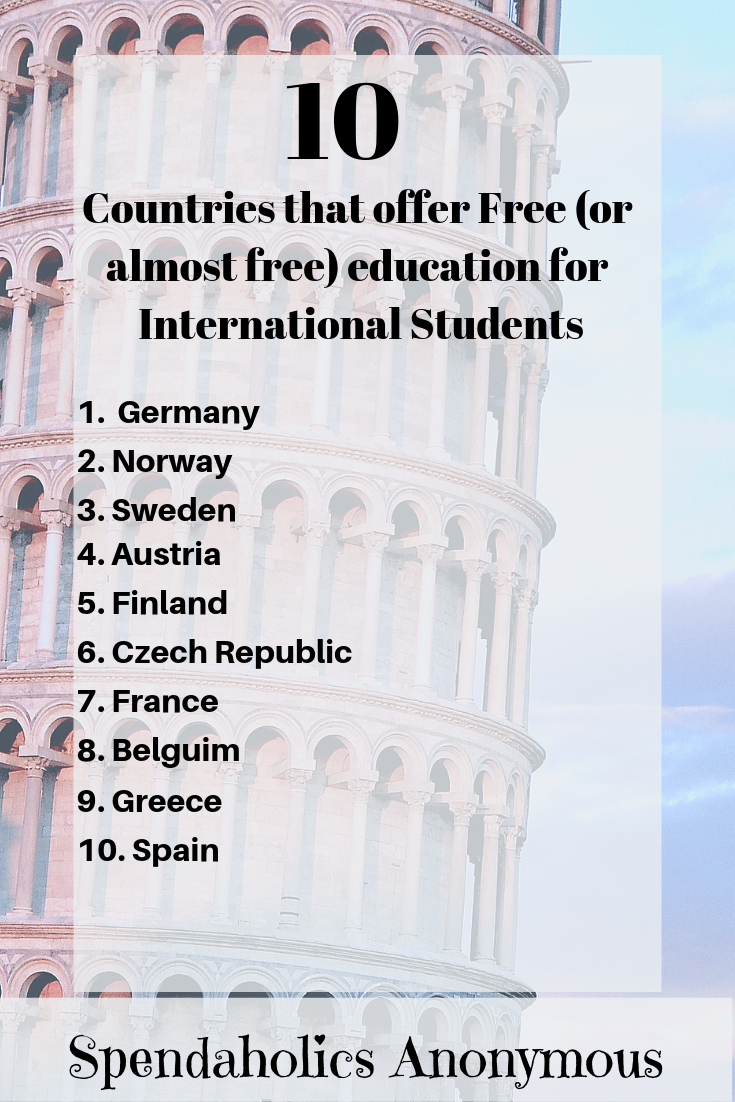Disclosure: Some of the links below are affiliate links, meaning, at no additional cost to you, I will earn a commission if you click through and make a purchase .
Student Loan Debt. The hidden costs AFTER you finish school.
Have you considered how your student loan debt might negatively impact your life when it comes to buying your first home? There may be a few more things to consider before you saddle up and ride off to that fancy college of yours!
Most graduates today expect to enter the workforce straight out of school, earning more than the average “Joe” but students need to be thoughtful about their career path, especially while they are still in school.
The sooner they start considering the steps they need to take to help find a job after graduation the better. These steps include asking professors for advice and seeking out internships.

New graduates who take a job that does not require a degree (as their first job out of school) can find themselves in lower-paid positions than their educated Peers, even five or ten years later. Corporate pay structures start from the position you enter at – not the one you are qualified for.
These underemployed graduates will also likely be stuck in positions that do not use their education and a recent study showed that about two-thirds of these same graduates, whose first jobs do not require a degree, will still be underemployed five years later.
So, what impact will this have five years after you’ve graduated University? It is likely that by this time you will be thinking towards Home Ownership and here’s where it can get tricky.
Student loan debt has become a major barrier to home ownership in America.
Because graduates are leaving Uni with massive amounts of debt, entering into the workforce at less than their educated capacity (underemployed) and having had almost no time to establish themselves financially, they are finding that the monthly student loan payments can eat up a large slice of their income, threaten to push down their credit scores and make saving nearly impossible — all huge impediments, of course, to landing a house.
For every 10 percent in student loan debt a person holds, their chance of home ownership drops between 1 and 2 percentage points during their first five years after school, according to the Federal Reserve.
Having competing influences,such as greater access to education versus the reduced ability to buy a home because of student loan debt, can be weighed and measured and the possibility of offsetting some of the financial distress can be mitigated by the probability of access to higher earnings.
There are three challenges to consider if you are in this situation:-
1. Debt to equity ratio (or income ratio)
Simply put: What a person owes (in debt) versus how much they make (and hold in assets)
Almost a fifth of all mortgage applicants fail at this first hurdle.
An underwriter wants to see that your overall expenditures on housing and debt — including student loans and car payments — is not more than 36 percent of your income.
Some will advocate that student loan debt is “Good” debt.
The banks will class it as unsecured (the same as your credit card!)
2. Credit Score.
Eight percent of student loan borrowers are denied a mortgage because of their credit score.
When you can’t find an entry level position for your qualification so you take any job you can just to make some money, pretty soon you can’t make the payments on the loans, especially if you’re “above the average” loan balance of $55,000, (Law degrees and Medical degrees run into the hundreds of thousands) and so, you default.
By the year 2023 (according to the Brookings Institute) 40% of borrowers are expected to be in this position and to be defaulting on their student loans.
Read: Credit scores – 5 steps you can take today to improve your FICO
3. Finding the down-payment.
85 percent of student loan borrowers say difficulty in saving has delayed their ability to buy a house, according to the National Association of Realtors.
If you consider the median cost of a home in America is somewhere in the region of $250,000 and here in BC (especially where I’m based) it’s closer to $350,000 then coming up with that initial 20% deposit, making your debt payments and still being able to eat is no mean feat!
What happens when there’s an unexpected bill. The Head Gasket goes on the Van, the boiler craps out? Those couple of thousand dollars you did manage to scrape together are gone in an instant and so the cycle begins again.
Did you think you wouldn’t be eating Ramen again once you graduated?
Part of the epidemic is that employers have increasingly come to expect more from graduates, somewhat unfairly. For example, many advertisements for positions that normally would be perfect for recent graduates now ask for years of experience. This is now making people challenge whether actually obtaining a degree in the first place is worth the time, effort and cost? Families need to think seriously about the level of investment.
Is it the system that’s broken?
The big assumption that is drilled into our heads during school is that people need to work for other people. So, when you exit school, you get a job and our financial system is centered around this flawed model.
I spent a whole afternoon with a careers counselor (I know, right?), deciding what my aptitude was and what job I should apply for in the four weeks left until I graduated (not that we “graduate” in England) High School. I told him not to worry about me because at the time I was so lost I was just going to join the army. Honestly, that was my plan. I didn’t realize I would have almost two years to wait until I was old enough and by that time I had a clerks position in an accountancy firm, an apartment and a fiance (waay too young for the latter!)
Today they have Career planning, a course that spans a whole year! It teaches resumes and cash flows / budgeting, bursary and loan applications, how to write a killer college application letter. College was never even considered for the likes of me.
Looking back I was so lucky to attend my local technical college and start on (the next ten years) learning Business & Finance followed by Accountancy.
When I look at the costs of education in other areas of the World I’m left wondering why the US and Canada is so expensive? Are we deliberately trying to dumb down our population?
Why would we do that?
AI is progressing so quickly that perhaps the only positions left in that brave new world will be the most menial ones or the highly talented, art like positions.
Now, I consider myself a well rounded parent and have taken steps to ensure #onechild can attend school for two years and study her passion (Costume Design & Construction) and she will leave without a penny of student debt. Where she goes from there is not my problem!
#Twochild may not fair so well (a PHD is looming…..). Whilst I’m happy to keep going and to provide justly for #2 child I can’t help wondering who will have the most success (however you gauge that)?
Will it be my artsy, fartsy glitter covered fairy girl or my lineal nerd with a penchant for outer space?
Only time will tell and when it’s all said and done, will they be able to afford any kind of home of their own or will it back home to live with Mother!!!
Read: Tiny homes – are they the answer?
If you have debt and need a way out consider signing up for the Spendaholics Anonymous 12 Step program to becoming debt free.
Let me leave you with a small ray of sunshine..
10 countries that offer FREE (or almost free) University Education to International Students.

Go get em tiger!
XO
Anna



I have studied in France so I can really relate with ‘ student loans” and the struggles that come with it. Will it be cheaper for students to study overseas? I don’t understand how we can expect young people becoming financially independent and building their future ( home ownership etc.) when they have a burden ( $$$$) to carry with them before starting a family.
That’s correct Shirline! What happens when BOTH parties in the relationship have student debt and want to buy a house and start a family. We need a serious solution to this problem. thanks for stopping by.
What useful information, Anna! I’m past this hurdle in life, and thankfully was able to avoid most student costs due to military service, but these types of tips need to be shared with high school and college kids. You go into the workforce thinking life is going to be “made” from then on out… nope!
I’m also totally eyeing your 12-step program. I need it lmao.
Emily
SincerelyMrsSmith.com
I feel we will be best friends! PM me if you need anything at all. I’m signing up for your updates now!
Very helpful tips! Thanks so much for sharing!!!
Hey Kathleen,
My pleasure! It’s what I’m here for.